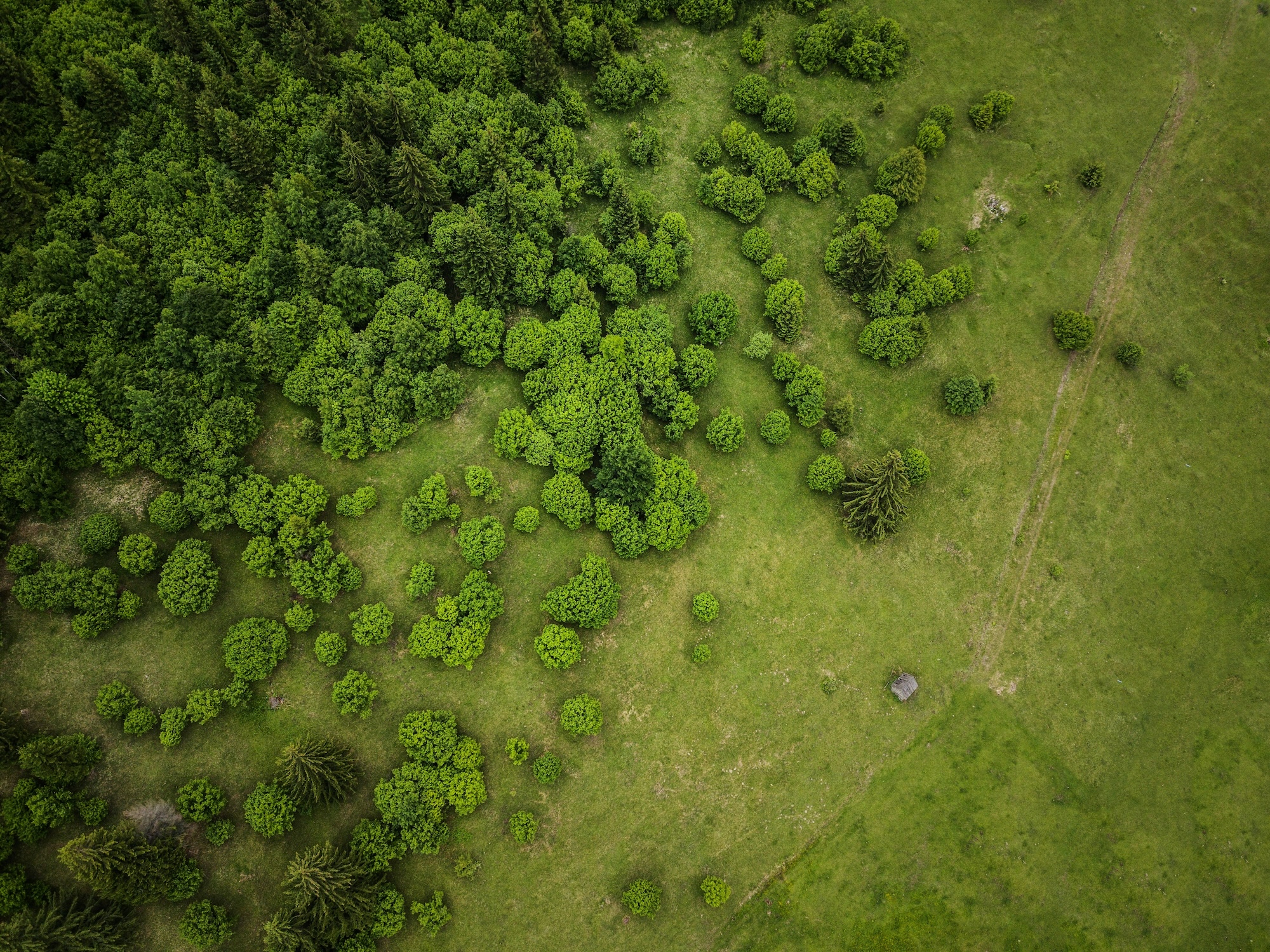Proposals to set legally-binding biodiversity targets in Scotland backed

Scotland’s first legally-binding targets to improve biodiversity must be accompanied by meaningful actions and reinforced by sufficient public resources, Holyrood’s Rural Affairs and Islands Committee has said in a new report.
The committee’s stage one report on the Natural Environment (Scotland) Bill sets out its recommendations as to how statutory targets should be set, monitored, reviewed and reported on.
In its report, the committee also called for a clear timetable for introducing the statutory targets and for clarity on how the Scottish government would respond to instances where they are not achieved or are significantly off-track.
The Natural Environment (Scotland) Bill places a duty on ministers to set the first legally-binding biodiversity targets in Scotland, recognising that previous non-statutory approaches have failed to halt nature decline.
The bill also provides Scottish ministers with powers to amend environmental impact assessment legislation and the habitats regulations; make changes to National Parks legislation to modernise how they are managed; and make detailed changes to wild deer legislation, to reduce the impacts of deer on Scotland’s natural environment.
Committee convener Finlay Carson MSP said: “The rate of nature loss in Scotland over recent decades is deeply concerning and it’s clear that the current approach being taken to halt or reverse biodiversity declines has failed.
“Following our detailed scrutiny of this bill, we support the introduction of statutory targets as a means of galvanising action on the societal-wide changes needed to improve biodiversity and tackle the nature emergency.
“But we are also clear that statutory targets will not have the success we want to see unless they are underpinned by action and investment, via both finance and expertise, to make sure their aspirations are delivered.”
Part two of the bill gives Scottish ministers powers to amend environmental impact assessment legislation and the habitats regulations. Following widespread concerns from stakeholders about the broad scope of the proposed powers and the lack of sufficient safeguards in place, there were mixed views within the committee regarding whether part two in its current form is required or whether it should be revised.
In relation to National Parks (part three), the committee said it is in broad agreement with the proposals set out in the bill to make changes to National Parks legislation to modernise how they are managed. This includes public bodies taking account of National Park Plans and giving Scottish ministers the power to set up a fixed penalty notice regime to enforce park byelaws.
On deer management (part four), the report agrees it would be helpful for NatureScot to have additional ‘intervention’ powers ‘in its toolkit’, to address nature degradation on land as a result of wild deer populations.
But the committee was clear this should not be at the expense of voluntary deer management and called on the Scottish government to make sure it “does not erode the trust and consensus that has been carefully built within the deer management sector in recent years”.
Furthermore, the committee encourages the Scottish government to continue to support the wild venison sector, especially by exploring opportunities to expand consumption through local supply chains and public procurement.
The convener continued: “Notwithstanding the recommendations in our report about how some of the bill’s provisions could be strengthened and improved, we support the general principles of this bill.
“Having sought to hear from a diverse range of stakeholders throughout our inquiry, I’d like to thank everyone who took the time to consider and support our scrutiny.”


